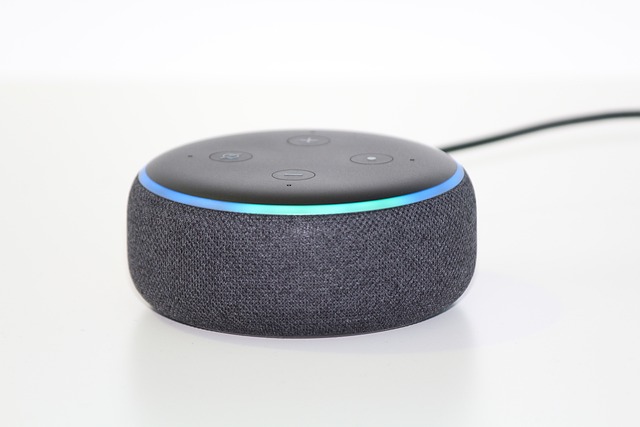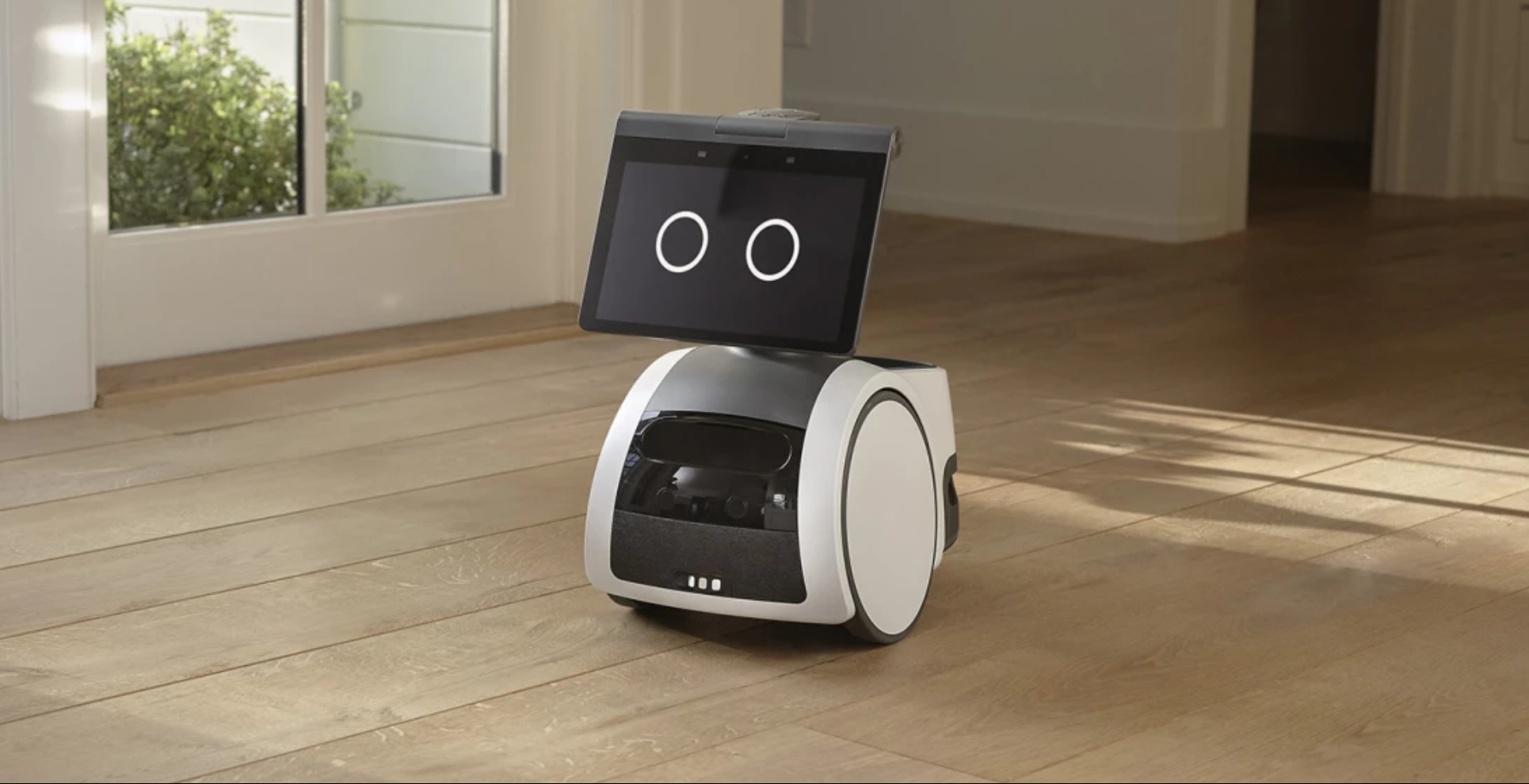As an avid user of personal assistants, and my current involvement in Alexa Shopping, I’ve witnessed firsthand how personal assistants and artificial intelligence (AI) have evolved over the last few decades. From Apple’s Siri to today’s sophisticated AI assistants like Amazon’s Alexa and Google Assistant, it’s clear that these technologies are here to stay and will only continue to become more integrated into our daily lives.
But what does the future hold for personal assistants and artificial intelligence? In this blog post, I’ll look at the current state of the technology, discuss some of the exciting developments that are on the horizon, and provide examples of how AI can be used right now in our everyday lives.
Personal Assistants and AI in the Present

Personal assistants such as Alexa, Google Assistant, and Siri have become household names for good reason in recent years. These AI assistants can do everything from set reminders and answer questions to controlling smart home devices and ordering takeout.
The ability to understand natural language is a key feature of modern personal assistants. This means you can speak to them like a human, using your own words and phrasing, and they will understand and respond appropriately.
AI is being used in a variety of other applications aside from personal assistants. Machine learning algorithms are used to analyze data and predict outcomes, whereas natural language processing (NLP) is used to enable computers to understand and generate human-like speech and text. AI is also used in image and video recognition, allowing computers to recognize objects and people in photographs and videos.
Exciting Changes on the Horizon
While personal assistants and artificial intelligence have advanced significantly in recent years, there are still many exciting developments on the horizon.
The use of AI in customer service is one area that is expanding. Many businesses are already using AI-powered chatbots to handle customer inquiries, and this trend is expected to continue. AI-powered customer service representatives may be able to handle more complex inquiries and provide more personalized service in the future.
Another exciting advancement is the application of AI in healthcare. AI-powered systems are being developed to aid doctors in disease diagnosis, image analysis, and even prediction of patient outcomes. These systems have the potential to improve patient care while also reducing the workload on healthcare professionals. Many of these improvements are made through platform skills like Alexa Skills.
Self-driving cars are one of the most talked-about areas of AI development. While the technology is still in its early stages, autonomous vehicles have the potential to revolutionize transportation. Self-driving cars have the potential to reduce traffic accidents, reduce road congestion, and even eliminate the need for personal car ownership.
Examples of AI in Action
So, how can we anticipate AI’s use in our daily lives? Here are some tools and platforms that are already utilizing AI to make our lives easier:
As previously stated, personal assistants such as Amazon’s Alexa and Google Assistant can be accessed via smart speakers such as the Amazon Echo and Google Nest. You can use voice commands to control your smart home, play music, set reminders, and more.
Virtual assistants: Many businesses now provide virtual assistants that can be accessed via a website or a mobile app. These assistants can assist you with tasks such as scheduling appointments, making travel plans, and even managing your finances.
AI-powered translation: Tools such as Google Translate and Microsoft Translator use artificial intelligence to provide real-time translation of spoken and written language. This can be extremely useful for travelers and people who need to communicate in different languages.
Personal fitness and health apps: AI is used in a variety of fitness and health apps to personalize workouts and nutrition plans. MyFitnessPal, for example, employs machine learning to generate customized meal plans based on your goals and dietary preferences, whereas Fitbit employs AI to generate personalized fitness plans and track your progress.
Social Media: AI is being used to improve the user experience on many social media platforms. Instagram uses AI to suggest hashtags and identify content that may violate the platform’s community guidelines, whereas Facebook uses AI to identify and remove spam and inappropriate content.
E-commerce: Artificial intelligence (AI) is being used in e-commerce to personalize product recommendations and enhance the shopping experience. For example, Amazon’s “Recommended for You” feature employs machine learning to recommend products based on your previous purchases and browsing history.
Wrapping Up
As you can see, artificial intelligence is already being used in a variety of applications and will most likely become even more integrated into our daily lives in the future. The possibilities are endless, ranging from customer service and healthcare to transportation and e-commerce. I’m looking forward to seeing what the future holds for personal assistants and artificial intelligence.
So what personal assistant skills are you excited to see in the future?


Adam
I’ve been particularly happy with the AI that Microsoft has incorporated into Visual Studio 2022 with IntelliCode. The code prediction based on other code in your solution has proven useful and accurate, additionally it does seem to “learn”. It picks up on setting private properties in your constructors, whether you are using _ lowlines in naming conventions, as well as whether you typically include ArgumentNullException or not and updates suggestions based on your past behaviors.
Rob
I too really like the IntelliCode coding assistant. It’s only going to get more advanced. I can see a future where the AI will generate the files, not templates. You’ll be able to add additional prompts to have the template code contain wire-ups for various 3rd party API, etc. AI will make us all 10x devs!